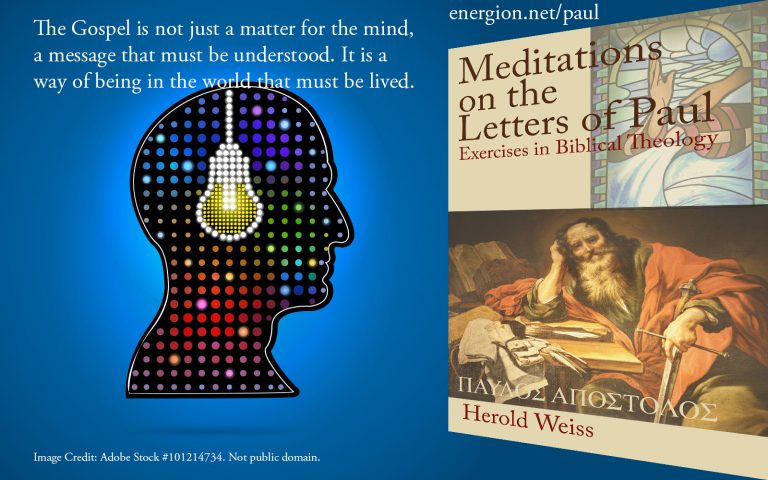Isaiah 49:5 – An Insignificant Variant
So why do I want to talk about an insignificant variant? The answer is simple. In many cases the reliability of Biblical texts is stated simply in terms of the number of variants that exist in the manuscripts. This number is quite high, but most of these variants are not significant. They may involve identical meanings, orthography or spelling, or be so unlikely to be the original text that nobody would claim they were.
I’m sometimes asked just what such insignificant variants might look like. This is an example. First, however, let me mention the range of variants, in this case working from Hebrew scripture.
- Variant spellings; no matter what text you choose the meaning is the same.
- Variants in vowel pointing only. At least most Christian scholars place less emphasis on the vocalization than on the consonantal text. Some translations will alter the vocalization without a footnote, but require a note if they use something other than the Hebrew Masoretic consonantal text.
- Ketib / Qere variants. The Masoretes included notes in some cases indicating that a word included in the consonantal text (ketib) should be read (qere) as something else. Different scholars judge the value of these variants differently.
- Variants in the consonantal text over one or two words.
- Variants in whole passages.
At some later date I may provide examples of each of these, but right now I just want to establish the range. Examples of each one do exist.
Once someone hears that the vast majority of the textual variants are insignificant, they are sometimes tempted to believe that textual variants really aren’t important. But some of the variants are very significant.
In this case, we have the Hebrew phrase, consonants only, WYSR’L L’ Y’SF,* in Isaiah 49:5. Now if I rendered this literally, without other considerations, it would read “and Israel not will-be-gathered.” A glance at the context will indicate that this is precisely the opposite of the intended meaning. If I then look in the margin, where the Masoretes provided me with a very useful note, I will find LW instead of L’. (For those not used to transliteration that’s lamedh-waw insteand of lamedh-aleph.)
Now generally first year Hebrew students could translate the two words. LW means “to him,” and L’ means “not.” What is less clear, unless you know Hebrew, is that both are pronounced the same. The probability is so high that the intended meaning is “to him” (And Israel will be gathered to him), that normally that is simply translated without any note. I checked all the translations in which I expect to find notes, and there was none. And that is as it should be.
Nobody makes a case for the alternate rendering because the evidence is so strong. Besides the logic of the passage, ancient versions also translated this as do modern versions. Translators should not convey every such instance, and they don’t.
*I am not distinguishing samekh from sin, as that does not impact this point.
